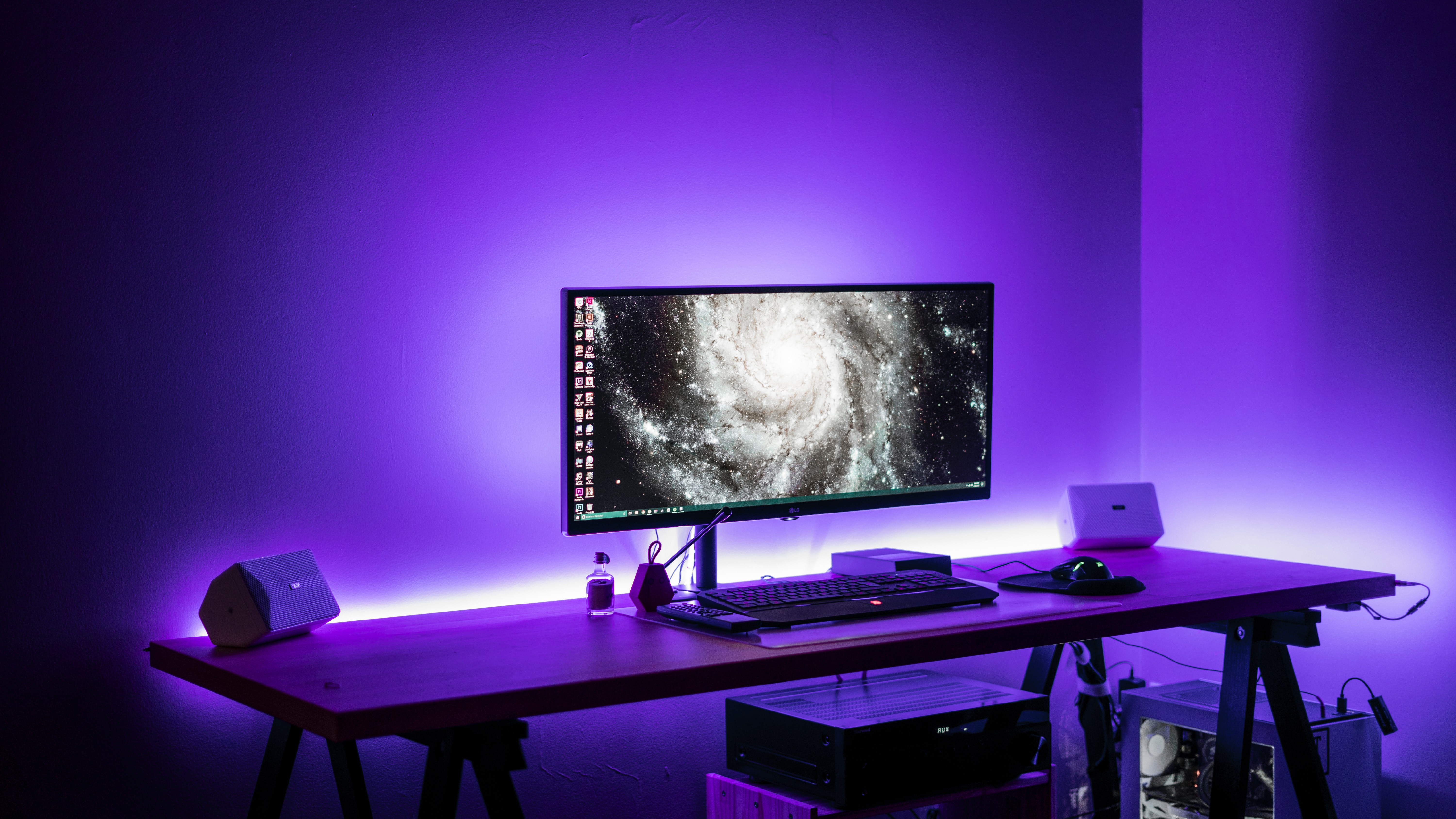The world of computers is ever-evolving, with new models and cutting-edge technology released at an increasing pace. As a result, discounted computers have become a popular option for budget-conscious buyers who want to save money without sacrificing performance. But are they really a smart investment? This article will dive into the pros and cons of buying discounted computers, allowing you to make an informed decision that best suits your needs.
Pros of Buying Discounted Computers
One of the most obvious advantages of buying a discounted computer is the price. Whether it's a refurbished model or a brand-new one that's simply discounted due to a newer version being released, these computers often come with significant savings. This makes them an attractive option for those on a tight budget or for people who want to upgrade their technology without breaking the bank.
Purchasing a refurbished or discounted computer can be an eco-friendly choice. By giving a used device a second life, you contribute to reducing electronic waste, conserving resources, and lowering the overall environmental impact of the tech industry.
Discounted computers often provide excellent performance relative to their cost. Many refurbished models undergo a rigorous inspection and repair process, ensuring that they function like new. Additionally, new but discounted models may only have minor differences from their successors, meaning that you can get near top-of-the-line performance for a fraction of the cost.
Some discounted computers, especially refurbished models, come with a manufacturer's warranty and customer support. This can provide peace of mind, as you'll have access to assistance and potential repairs should any issues arise.
Cons of Buying Discounted Computers
While many discounted computers offer great performance, there is always a risk of encountering performance issues, particularly with refurbished devices. These computers may have a history of hardware or software problems, and although they undergo thorough testing and repairs, some issues may persist or re-emerge over time.
When shopping for discounted computers, your choices may be limited. You might not find the exact specifications or features you want, as the available stock may be constrained by factors such as supply and demand or the popularity of a particular model.
While some discounted computers come with a warranty, it may be shorter than what you'd receive with a new device. Additionally, customer support options might be more limited, which could make resolving any potential issues more challenging.
Technology moves quickly, and discounted computers may become obsolete faster than their newer counterparts. This may not be a problem for some users, but for those who need their computers to run the latest software or perform demanding tasks, it could be a drawback.
In conclusion, buying discounted computers can be a smart investment for budget-conscious consumers and those who prioritize eco-friendliness. These devices often provide great performance at a significantly lower cost, making them an appealing option for many.
However, it's essential to weigh the potential drawbacks, such as performance issues, limited availability, shorter warranties, and rapid obsolescence. By carefully considering these factors and your specific needs, you can make a well-informed decision that balances both performance and savings. Ultimately, the choice to buy a discounted computer comes down to your individual needs.









